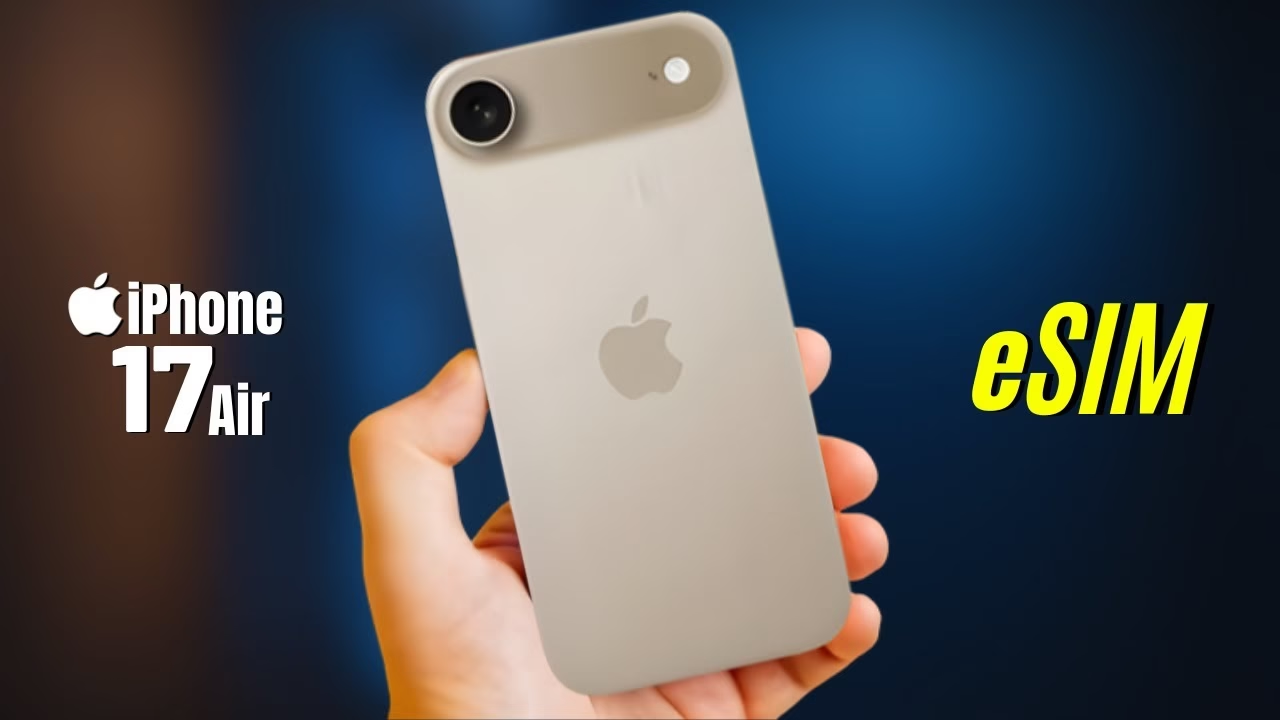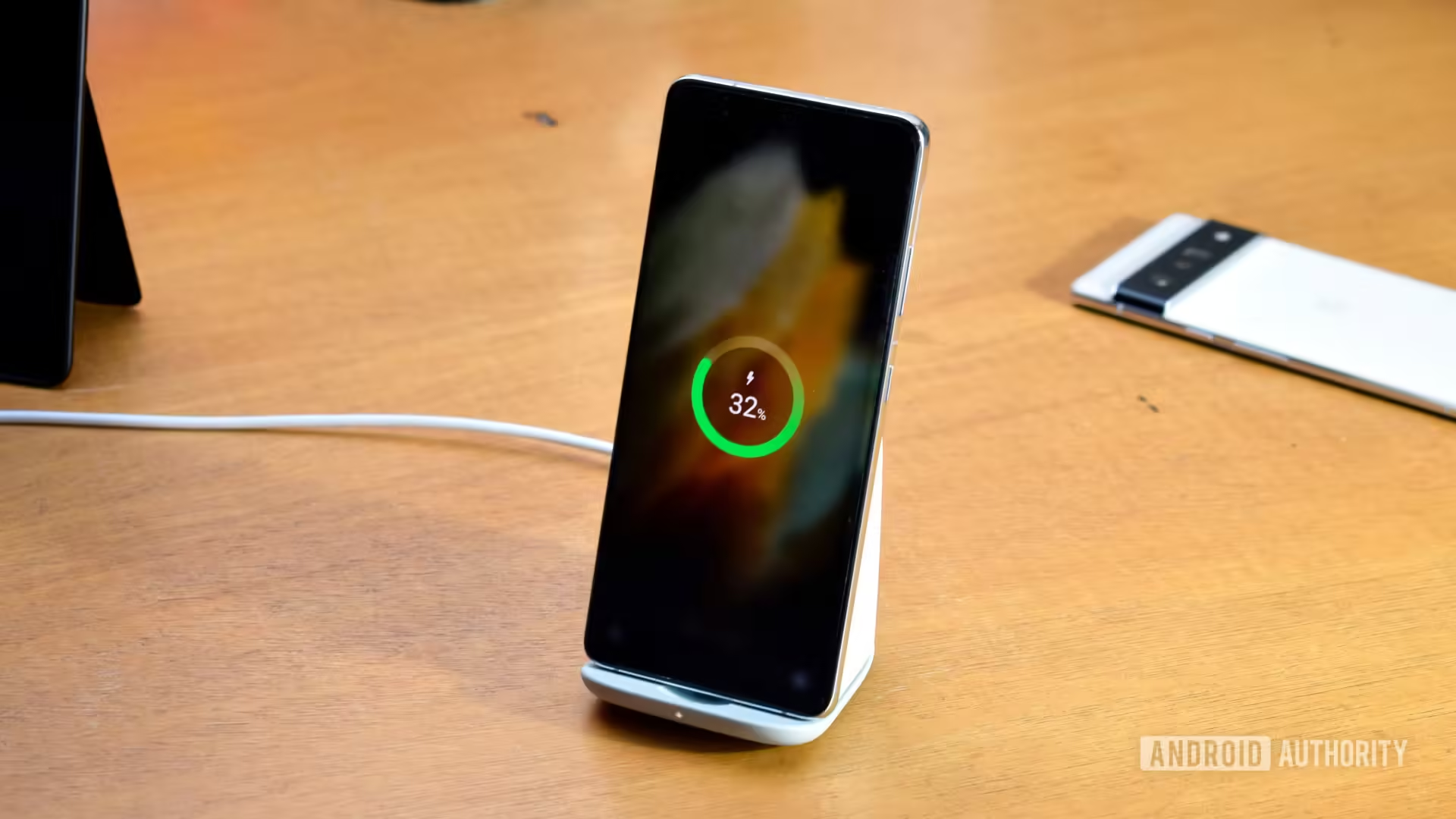Apple has officially launched its latest innovation, the iPhone 17 Air, the company’s first ultra-thin model that eliminates physical SIM cards entirely in favor of eSIM-only technology. The move signals what experts describe as the beginning of the end for traditional plastic SIM cards, used globally for over three decades.
Unlike physical SIMs, the eSIM is built directly into the device and can be activated remotely, providing greater flexibility, improved security, and contributing to slimmer designs and larger batteries. The transition also aligns with sustainability goals by reducing plastic waste.
Apple first introduced eSIM with the iPhone 14 in the U.S. in 2022. Now, the iPhone 17 Air expands the concept globally, offering an eSIM-only experience in regions including Europe, the Middle East, and Southeast Asia. China remains an exception due to regulatory restrictions, delaying the Air model’s rollout there.
While most other iPhone 17 variants still support dual SIM options in select markets, the Air stands out as Apple’s boldest step toward a SIM-free future. Industry analysts predict that by 2030, 3.1 billion smartphones worldwide will adopt eSIM technology, with other manufacturers such as Google and Samsung expected to follow Apple’s lead.
Beyond connectivity, the eSIM-only design is expected to accelerate slimmer form factors, better battery efficiency, and device durability.
Meanwhile, Apple has faced an uptick in online scams linked to the iPhone 17 launch. Fraudulent websites, fake lotteries, and phishing schemes have emerged, attempting to harvest personal and financial data from eager customers. The company has urged users to stay alert and rely on official Apple channels for purchases and information.



